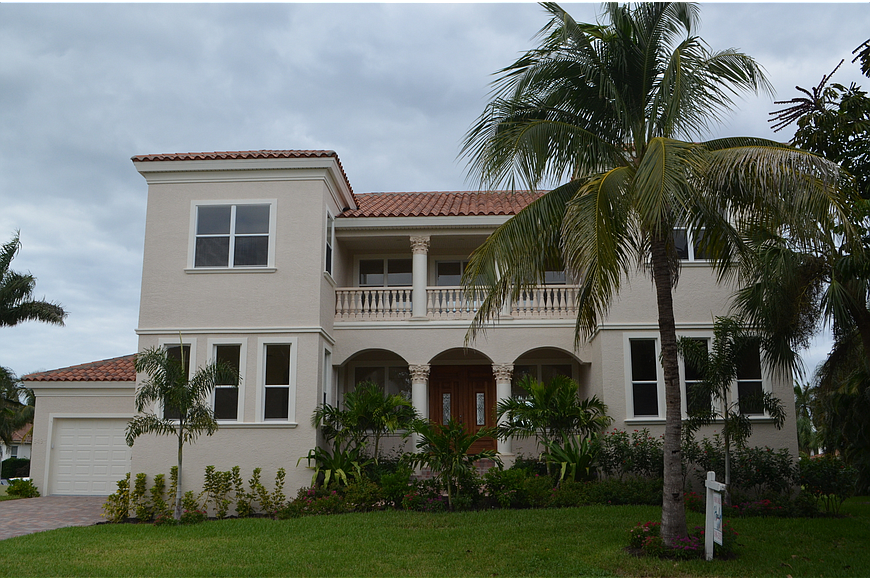- April 25, 2024
-
-
Loading

Loading

A Longboat Key homeowner who the town says ignored repeated notices of code violations for more than a year could be responsible for a $49,106 lien — even after spending more than $170,000 renovating the island residence, which more than took care of the original violations.
The Longboat Key Code Enforcement Board recommended Monday to the Town Commission its original fine be upheld after rejecting an appeal by homeowner James Mann, of Kentucky, who was represented at the hearing by real estate agent Tom Hanly of Sarasota.
“He’s not asking for violations to be dismissed,” Hanly said to the board. “He’s simply asking for a reduction in the amount. The amount of money seems extraordinarily high.”
Code enforcement officer Chris Elbon outlined the town’s case against Mann for the Code Enforcement Board with a detailed report beginning with a complaint filed Jan. 13, 2015. Elbon told the board three code violations were brought to Mann’s attention by multiple notices, inspections and public hearings.
Violations included:
• A deteriorating, rusty fence. A $100 fine per day was imposed June 8, 2015, after no response to notices.
• Roof and drainage issues. A $100 fine per day was imposed June 8, 2015, after no response received.
• Unsound stairs. Daily fine of $50 imposed Nov. 16, 2015, after no response.
Mann did not return two voicemails from the Longboat Observer seeking comment.
About nine months after all violations were brought into compliance, Mann requested a lien reduction Sept. 6. The Town Commission referred the case to the CEB at its Sept. 26 meeting.
The Town Commission has ultimate authority in imposing the fine-turned-lien and can approve or amend it at its Nov. 7 meeting. The commission had asked the code board for a recommendation.
Mann wrote in a letter to Mayor Jack Duncan in September that he began to work to correct violations shortly after learning the property was in violation.
“My business and main residence is in Kentucky and so most of my interaction with these agencies has been through phone calls and emails. Because I wanted to find a company that was reliable and trustworthy, I spent a great deal of time also contacting people I knew in the area for advice,” he wrote.
Mann plans to appeal the fine, he stated in the letter.
Code Enforcement Board member Thomas Jones said he would be willing to consider reducing the lien to half its original amount but could sway no other members. The lien amount eventually stuck by a 5-0 vote.
“Once we impose a fair fine, I think we should stick with it,” said board member Beverly Shapiro, who said she was concerned with setting a bad precedent by reducing the lien.
Mann never lived in the home, nor did he ever personally attend any code board proceedings involving the property he bought in a short sale for $1.2 million in 2010.
Administrative fees and recording fees were added to the total, Elbon said.
The fines stopped adding up as soon as code enforcement inspections found the home in compliance.
The average numbers of days it took to resolve each issue was more than 200, board member Jack Wilson noted, compared with the 30-day maximum allowed by code.
“The property owner had the ability to do this more quickly,” Wilson said.
Board member Neil Colton said Mann is at fault for allowing lien costs to mount.
“No circumstances have been represented as to why he took so long to remedy the defects,” Colton said. “A reduction just to be nice makes no sense. There is absolutely no compelling reason to reduce (the lien).”
The home at 549 Hornblower Lane is now listed for sale at nearly $1.9 million, according to Hanly.